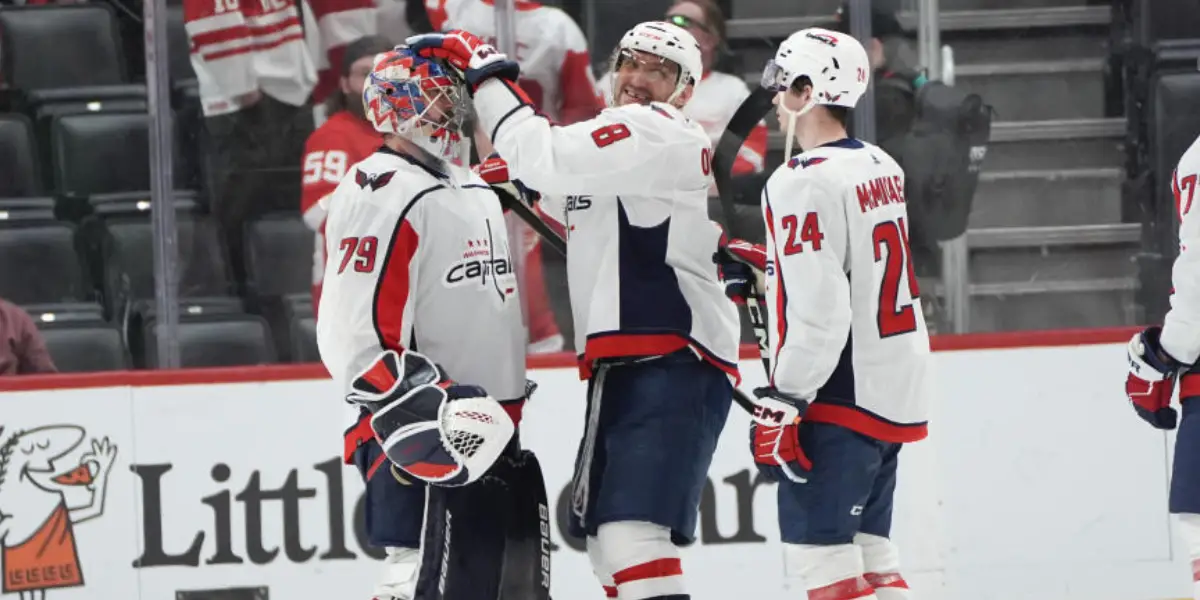
Ironically, the NHL’s most intriguing week came side by side with the NBA’s “play in” games, which help determine which bubble teams will qualify for the playoffs. Simply win, and you’re in. An excellent idea to drive merchandise, gate sales, and keep your telecom companies happy.
Be that as it may, extending an olive branch to teams who struggled to prove worthy of playoff qualification throughout the regular season is more gimmick than entertainment. Something the NHL would be wise in avoiding.
Yet playoff expansion has been whispered in NHL circles but currently lacks momentum “the last time we polled the general managers on this, which was only two years ago, two-thirds of them favored keeping the playoff system the way it is,” said NHL deputy commissioner Bill Daly. Which is refreshing to hear because a vote for extended playoffs is a vote for mediocrity. Case and point this year’s Eastern Conference.
Granted, the five-horse race for playoff positioning between the Pittsburgh Penguins, Philadelphia Flyers, Washington Capitals, Detroit Red Wings, and New York Islanders has been wildly entertaining. Due primarily to how pathetic the participants played.
In March, the aforementioned teams combined for 46 losses and 27 wins. Washington led the pack with nine victories; the Islanders got six, while Pittsburgh (11), Detroit (11), and Philadelphia (10) suffered double-digit losses. It is at this point I feel obligated to remind the reader these are bubble teams in fierce competition for the playoffs.
April flipped the script. There were 22 combined victories, with the Islanders (7) moving up and securing the third Metropolitan Division playoff spot. On April 16th, the Penguins, Red Wings, and Flyers were now nipping at the second Wild Card, owning Washington’s heels with one game apiece remaining.
All eyes were fixed to a night where Detroit desperately needed a victory against the Montreal Canadiens. Washington matched up against the Flyers in Philadelphia, looking to strike the proverbial nail in the coffin. While Pittsburgh was helplessly scoreboard-watching.
To recap, here is how things went down:
Appointment-television has become a foreign concept to many but Tuesday night was precisely that. Three minutes separated Detroit, earning a single point to keep their playoff hopes alive at 9:33 ET. To T.J. Oshie breaking a 1-1 tie with an empty net goal at 9:36 ET because Flyer coach John Tortorella, assuming his team needed a regulation win to vault Detroit, was unaware Detroit forcing overtime mathematically eliminated his team.
Entertainment lacking any sense of tribal allegiance. All of which was possible by playing out the remainder of your schedule. No need for pre-determined matchups billed as “win, and you’re in.”
Now, one can argue consecutive seasons without Sidney Crosby in the playoffs is unfortunate, especially so when the margin of disqualification was less than a handful of points. The Flyers, who over-performed but struggled to maintain momentum, suffered a similar fate. Finally, Detroit still has yet to host a playoff game at Little Caesars Arena, which opened in 2017. The team finishes its season with the same number of points as Washington but with fewer regulation victories, losing the tiebreaker.
We all agree that missing out on a postseason run by a hair-thin margin is unfortunate.
Fact of the matter is 50% of the league makes the playoffs. Lowering the bar dilutes the best playoff product of all four major professional leagues. If you’re skilled enough, healthy enough, and deep enough, you will overcome the challenges presented during an 82-game regular season. There is no need for single elimination or wild cards. You either are or are not.
On its own, the NHL certainly could benefit from a few adjustments. But when it comes to the postseason and the product on display, there is no need for changes.

ITR 50: Atlantic Division Preview – Inside The Rink
Discover more from Inside The Rink
Subscribe to get the latest posts sent to your email.



